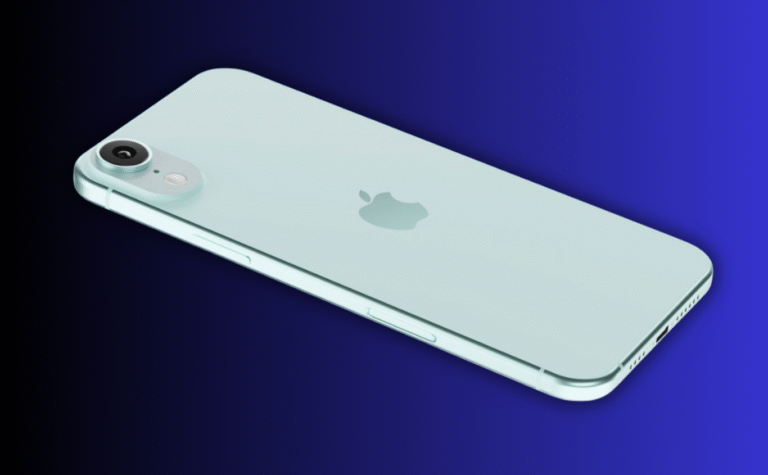
Japan Breaks World Record with 1.02 Petabits Per Second Internet Speed
Download Netflix’s Entire Library in Just One Second? It’s Now Reality
Imagine being able to download every movie and series on Netflix—yes, the entire library—in a single second. Sounds like science fiction, right? Not anymore. Japan has officially shattered the world record for internet speed, achieving a mind-blowing 1.02 petabits per second (Pbps). This groundbreaking development marks a monumental leap forward in digital connectivity, data transfer, and global internet infrastructure.
Unveiling the Fastest Internet Speed in the World
Japan’s National Institute of Information and Communications Technology (NICT) is behind this extraordinary feat. In collaboration with Sumitomo Electric and several European partners, researchers successfully developed and tested this technology using advanced 19-core optical fibre cables. These new cables can handle data transmission at lightning-fast speeds without any noticeable increase in cable thickness—still just 0.125 millimetres, similar to the standard fibres in use today.
“For comparison, the typical internet speed in the United States is around 286 Mbps, which means Japan’s groundbreaking speed is nearly 3.5 million times quicker.”
What Does 1.02 Petabits Per Second Mean?
At 1.02 Pbps, the possibilities are staggering. Here’s what you could do in just one second at that speed:
- Download the entire Netflix library
- Stream thousands of 8K resolution videos with zero buffering
- Access or transfer hundreds of terabytes of data instantly
- Download a 100GB file 10,000 times in one second
According to a report from Gadgets 360, this speed enables downloading a complete 100GB version of English Wikipedia 100,000 times in one second.
The Science Behind the Speed
This record wasn’t achieved using traditional broadband methods. Instead, the NICT used 19 parallel looping circuits, each 86.1 kilometres long, to test this transmission speed. “Overall, the experiment enabled data signals to cover a distance of 1,808 kilometers, effectively looping through the same circuit 21 times.” More impressively, 180 separate data streams were transmitted simultaneously across the fibres.
These high-density optical fibres allow more information to flow through the same diameter cable, boosting capacity exponentially without altering physical infrastructure. This efficiency is key to meeting growing data demands in the age of cloud computing, virtual reality, 8K streaming, and massive online gaming.
Implications for the Tech Industry and Everyday Users
This innovation is more than just a world record. It’s a technological revolution that could change everything from telecommunication and cloud computing to artificial intelligence and data storage. With such speeds, industries could redefine workflows, eliminate latency, and operate across continents as if working locally.
For everyday users, this means:
- Instant downloads and uploads
- Seamless 8K video conferencing
- Zero lag in online gaming
- Real-time, high-volume cloud collaboration
Imagine the possibilities when such technology becomes commercially available.
When Will Consumers Experience This Speed?
While this record-breaking internet speed is currently confined to research labs, commercial applications are on the horizon. Experts believe that within the next 5 to 10 years, these ultra-high-speed networks could begin rolling out to the public, initially in limited industrial or academic environments, and eventually to homes and mobile networks.
Countries investing in 6G, smart cities, and IoT infrastructure are especially likely to adopt this technology early, reaping the benefits of virtually unlimited bandwidth.
Why This Matters Now More Than Ever
“The need for high-speed internet is at an all-time peak.” The surge in remote work, virtual education, cloud gaming, and 4K/8K streaming services is placing massive strain on current network capacities. Traditional fibre-optic cables and 5G networks, though powerful, are rapidly approaching their performance limits.
This breakthrough offers a glimpse into the future of internet connectivity—a future where buffering, lag, and download times are obsolete concepts.
Conclusion: The Dawn of the Instant-Everything Era
Japan’s achievement of 1.02 petabits per second marks more than a technological milestone—it signals the start of a new era in global communication. An era where speed is no longer a barrier, where access to information, media, and data becomes truly instantaneous.
As we await the commercial rollout of this technology, one thing is sure: the future of the internet is here—and it’s fast. Unimaginably fast.









